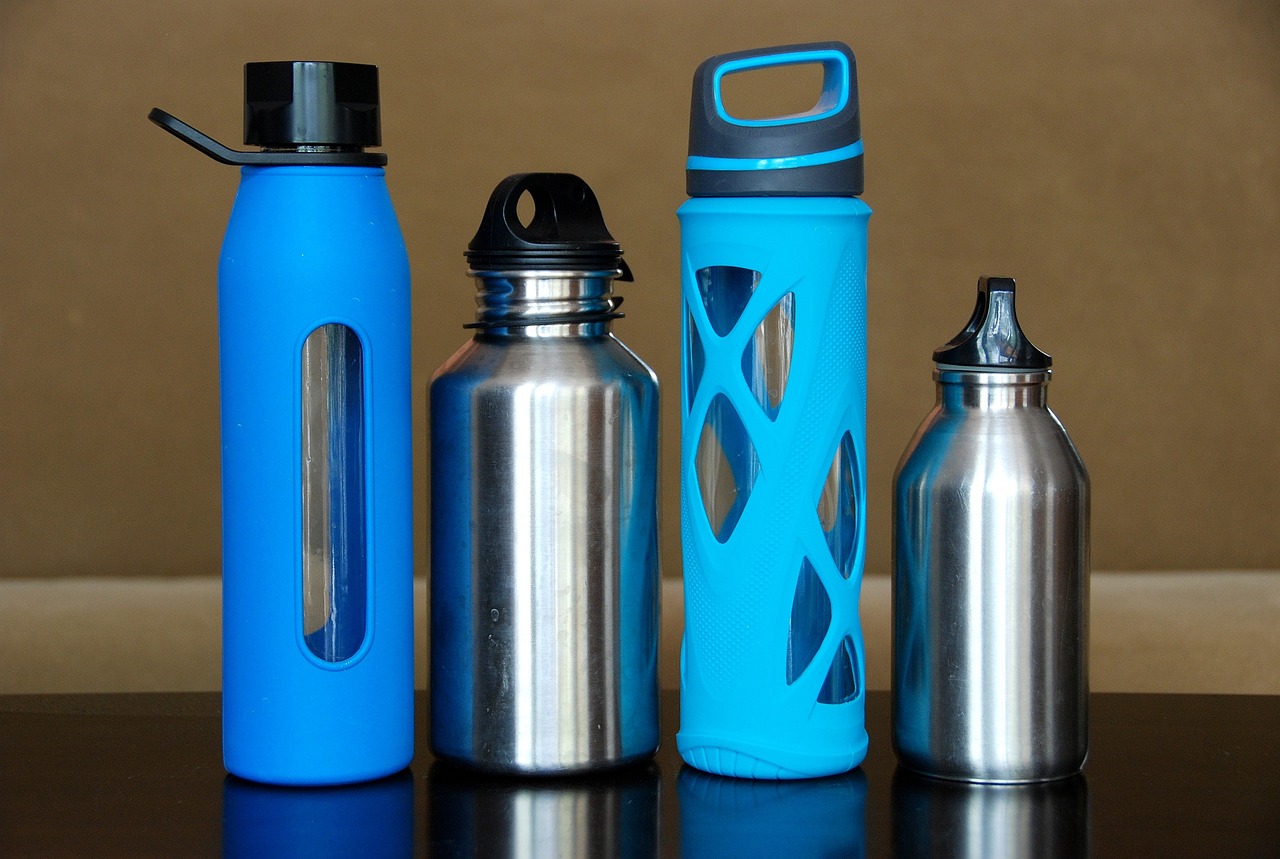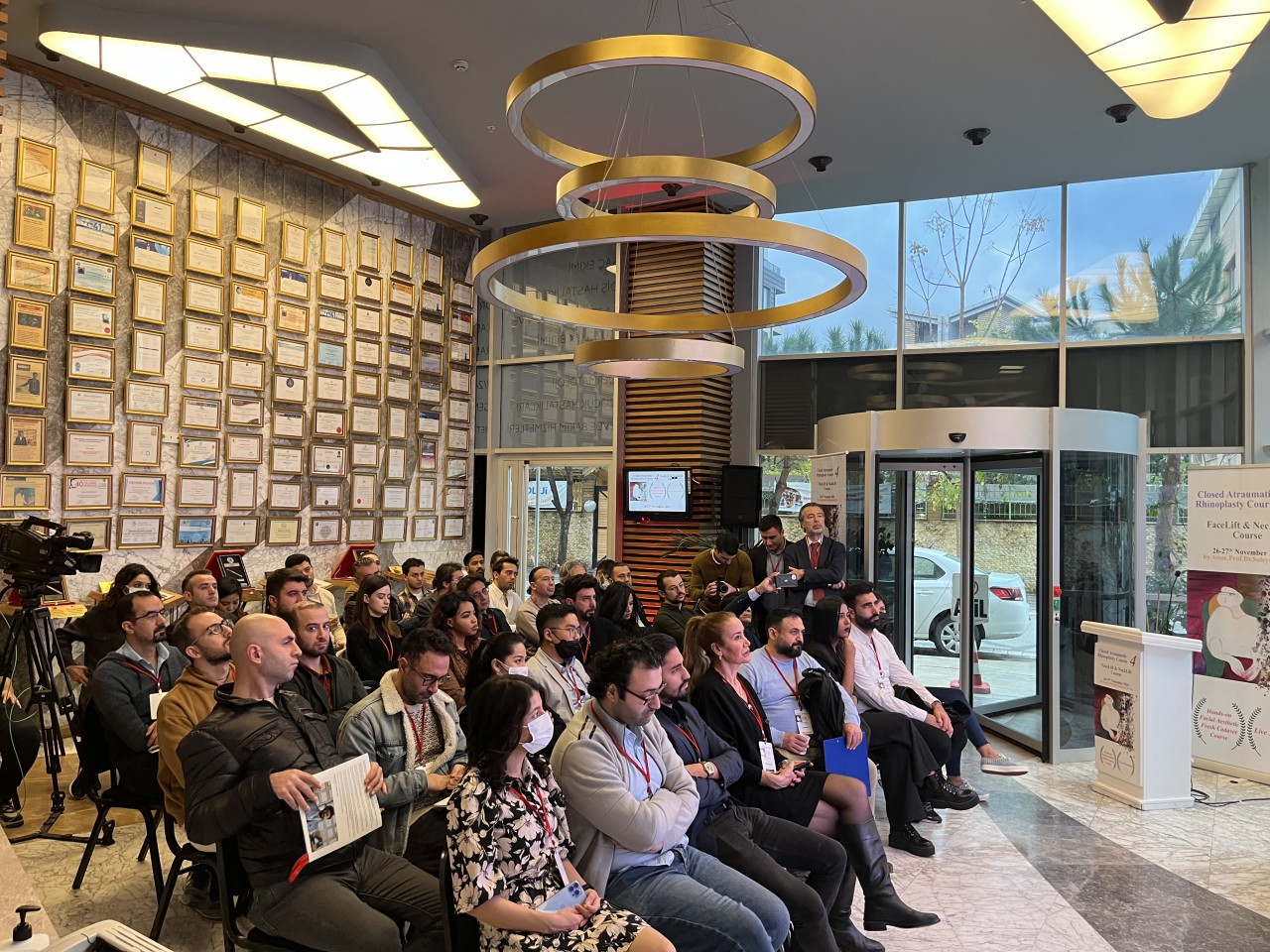Plastic is made from carbon fuels, the process of which largely relies on processes which produce excess greenhouse gas emissions. The process of making plastic is also resource intensive – a single one-litre plastic water bottle uses more than eight litres of water to produce. Given climate change and other global challenges including resource scarcity, single-use plastic products represent unjustifiable waste and excess. As the world looks to a greener future and seeks to make better use of resources, we must address the high consumption rate of unnecessary single-use plastic including the use of single-use water bottles.
As the maritime industry transports more than 90% of all global trade, simply hitting the stop button on the sector is far from a viable option. The solution instead lies in the implementation of more environmentally sustainable processes within the day-to-day operations of the maritime industry.
When it comes to the world’s major industries, attitudes towards environmental sustainability are changing. It is a known truth that the maritime industry generates millions of tonnes of trash and waste each year as a result of their day-to-day operations, which greatly contributes to marine pollution. Ditching single-use plastic for reusable water bottles and other more sustainable products could be the spark that ignites change across the sector.
So what is marine pollution? And could reusable bottles put the maritime sector on the path to sustainability?
Marine pollution and the maritime industry
Marine pollution is a term typically used to describe the tainting of our oceans and seas and, in the context of the maritime industry, is a direct outcome of unsustainable techniques used in the industry. Many businesses active in the sector have gradually shifted toward more sustainable procedures in recent years, both on land and at sea. However, the maritime sector continues to rely largely on oil, a fossil fuel with a high carbon content. As a result, it produces about 3% of the world’s annual carbon emissions. The industry is also largely reliant on single-use plastic.
The unnecessary waste and garbage produced on board the ships and vessels of the maritime industry, including single-use plastics, packing materials, cleaning supplies and rags contribute significantly to water pollution at sea. Of course, in terms of waste, the sector is also contending with paper products, food waste, paints, solvents and chemicals. As a result, the sector has come under increasing pressure in recent years to reduce its greenhouse gas emissions as well as find additional strategies for decarbonisation.
Ditching single-use plastic
Plastic pollution is ultimately threatening our marine environments and aquatic ecosystems. As a result, reducing single-use plastic products should be a global priority.
To minimise marine pollution as well as allow for a safe and healthy working environment at sea, the maximum possible effort should be made by the maritime industry to reduce waste and ditch single-use plastics. To do so, seafarers who work in the maritime sector should actively take part in reducing the amount of trash produced aboard ships. This could mean switching to reusable bottles in place of single-use plastic or even opting for more environmentally friendly marine water solutions.
When it comes to ditching single-use water bottles in the maritime sector, switching over to reusable plastic bottles can be problematic. This is because much like single-use bottles, reusable plastic bottles are made using carbon fuels which is just as resource-dependent. Toxins can also leach into the water more readily, which could put the physical well-being of seafarers and passengers at risk. The solution may lie in the implementation of stainless steel water bottles which are far more environmentally friendly.
Final thoughts
There is little doubt that the green revolution is underway as the concept of environmental sustainability spreads across the world’s largest industries. It won’t be long until attention turns to international trade and the business that supports it – including the maritime sector and other major industries that rely heavily on fossil fuels.
The marine industry must transition away from fossil fuels and adopt more sustainable practices to prevent water pollution. However, they must do so without compromising on profitability or productivity. Despite the financial and technological risks, the maritime industry must adopt these changes and make sure that all legal requirements and regulations are followed.
In theory, the maritime industry should be able to stop ocean pollution by using more environmentally friendly practices in their regular operations and creating less waste. For example, the industry currently relies heavily on plastic which is made from carbon fuels. We must address the use of unneeded single-use plastic, especially the use of single-use water bottles, as the world strives for a greener future and better resource management. This is because single-use plastic products reflect unacceptable waste and excess, which is unacceptable in light of climate change and other global concerns, such as resource shortages.
The solution may lie in reusable stainless steel products. With stainless steel, you practically eliminate the potential of contributing to plastic trash in addition to cutting down on the quantity of oil required to make it. Steel is also a non-toxic substitute for plastic water bottles, with no possibility of contaminants leaking into the water and risking the health of those at sea.
Today, the world’s largest industries are shifting their views and attitudes on environmental sustainability. It is a well-known fact that the maritime sector contributes significantly to marine pollution by producing millions of tonnes of trash and waste each year as a result of their regular operations. Reusable water bottles and other environmentally friendly products could replace single-use plastic and ignite the change the sector needs to go green.







